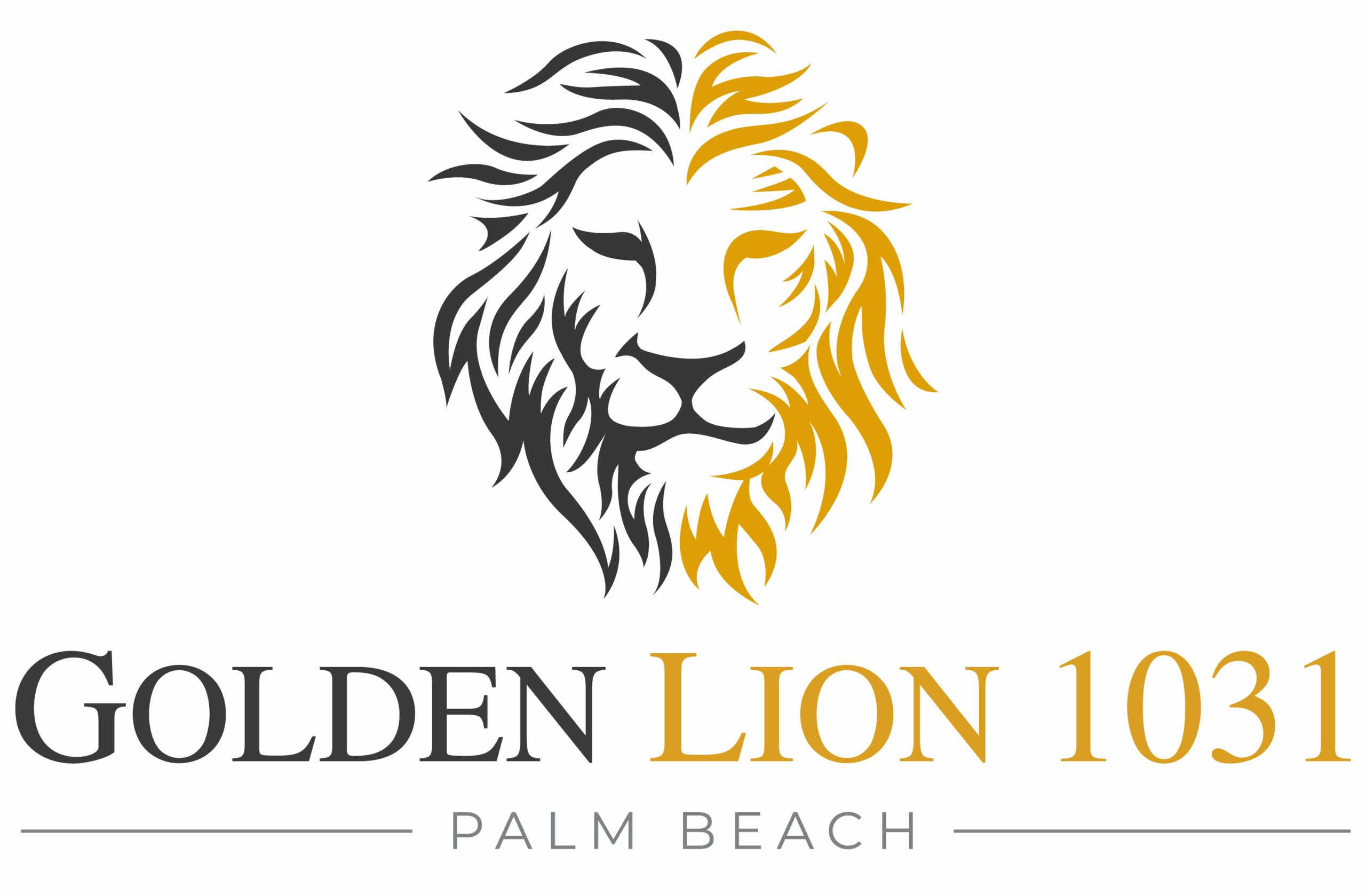- FORWARD EXCHANGE
A forward exchange is the most widely used form of a 1031 exchange. In a forward exchange, the investor sells their existing property first and then uses the proceeds to acquire a replacement property. The IRS requires that the replacement property must be identified within 45 days of the sale of the original property, and the acquisition must occur within 180 days. - REVERSE EXCHANGE
A reverse exchange allows investors to purchase the replacement property before selling the original property. This is ideal for investors who have found the perfect property but have not yet sold their existing one. The reverse exchange can be more complex, as it involves specific guidelines set by the IRS to ensure the transaction remains tax-deferred. - IMPROVEMENT EXCHANGE
An improvement exchange allows an investor to use some of the proceeds from the sale of their original property to make improvements to the replacement property. This option is beneficial when you want to increase the value of the replacement property or make improvements that were not included in the original purchase price.
What Is A 1031 Exchange?
A 1031 exchange is a tax deferral strategy that allows real estate investors to exchange one investment property for another, deferring capital gains taxes in the process. Named after Section 1031 of the Internal Revenue Code, this exchange allows you to defer taxes on the sale of an investment property if the proceeds are reinvested in a “like kind” property of equal or greater value.

Types Of 1031 Exchanges
Golden Lion Capital Investments can help guide you through various types of 1031 exchanges, depending on your specific
investment strategy and needs. The most common types of exchanges include:
Golden Lion 1031: Your National Exchange Partner
At Golden Lion 1031, we provide
comprehensive 1031 exchange services, ensuring that
every step of the process is handled professionally
and efficiently. We offer a range of services designed
to streamline the exchange process while ensuring
compliance with IRS rules. Our experienced team will guide
you through the following steps:
- TAX DEFERRALThe primary benefit of a 1031 exchange is the ability to defer taxes on capital gains, depreciation recapture, and other applicable taxes. By reinvesting in like-kind properties, you can defer taxes for as long as you continue to defer exchanges. This allows you to keep more money in your investments, rather than paying taxes upfront.
- PORTFOLIO GROWTHA 1031 exchange allows you to leverage your real estate investments without the burden of immediate tax payments. By deferring taxes, you can reinvest the proceeds into additional properties, enabling you to grow your portfolio more quickly. This can be especially beneficial for investors looking to acquire larger or more valuable properties over time.
- PROPERTY DIVERSIFICATIONThrough a 1031 exchange, you can diversify your investment portfolio by exchanging properties in different sectors, such as commercial, residential, or industrial real estate. Diversifying your holdings can help reduce risk and provide more opportunities for returns.
Benefits Of A 1031 Exchange
A 1031 exchange offers several
advantages for real estate investors.
These benefits can help you
maximize your investment potential
and grow your portfolio over time.

Key Deadlines In A 1031 Exchange
It’s essential to understand the critical deadlines associated with a 1031 exchange to ensure that your transaction remains
tax deferred. These deadlines are strict and must be adhered to in order to maintain eligibility for the exchange.
- 45-DAY IDENTIFICATION PERIOD
After the sale of the relinquished property, you have 45 days to identify potential
replacement properties. This period begins on the day you close the sale of the
original property. You can identify up to three properties, or more, depending on
specific guidelines. - 180-DAY EXCHANGE PERIOD
From the date of the sale of the relinquished property, you have 180 days to
close on the purchase of the replacement property. This is the total timeframe in
which the entire exchange must be completed, including the identification and
acquisition of the new property.
Eligible Properties For 1031 Exchange
Not all properties qualify for a 1031 exchange. The IRS only allows for the exchange of like kind properties, meaning the
properties involved must be of a similar nature or character. Common eligible properties include:
- INVESTMENT REAL ESTATE Real estate properties held for investment purposes, such as rental properties, multi-family units, and commercial buildings, are eligible for 1031 exchanges.
- VACANT LAND Vacant land that is held for investment purposes or business use can also qualify for a 1031 exchange.
- COMMERCIAL PROPERTIES Commercial properties, including office buildings, retail centers, and industrial properties, are eligible for 1031 exchanges when held for business or investment purposes.
- RESIDENTIAL PROPERTIES Residential rental properties that are held for investment are eligible for a 1031 exchange. However, primary residences and vacation homes do not qualify.
Important Considerations For A 1031 Exchange
While a 1031 exchange can offer numerous benefits,
there are several important factors to keep in mind when
planning your exchange.
- QUALIFIED INTERMEDIARY REQUIREMENTTo ensure that your exchange remains compliant with IRS guidelines, a qualified intermediary (QI) must handle the transfer of funds. This prevents you from having “constructive receipt” of the funds, which could invalidate the exchange.
- BOOT AND TAXABLE GAINSIf you receive cash or non-like-kind property as part of the exchange, you may incur tax liability. This is known as “boot” and may trigger capital gains taxes.
Get Started With Golden Lion 1031
If you’re ready to explore the potential of a 1031 exchange and defer taxes on your capital gains, contact Golden Lion 1031 today.
Our team of experts will guide you through the process and help you make informed decisions that align with your financial goals.

